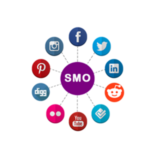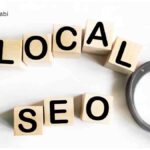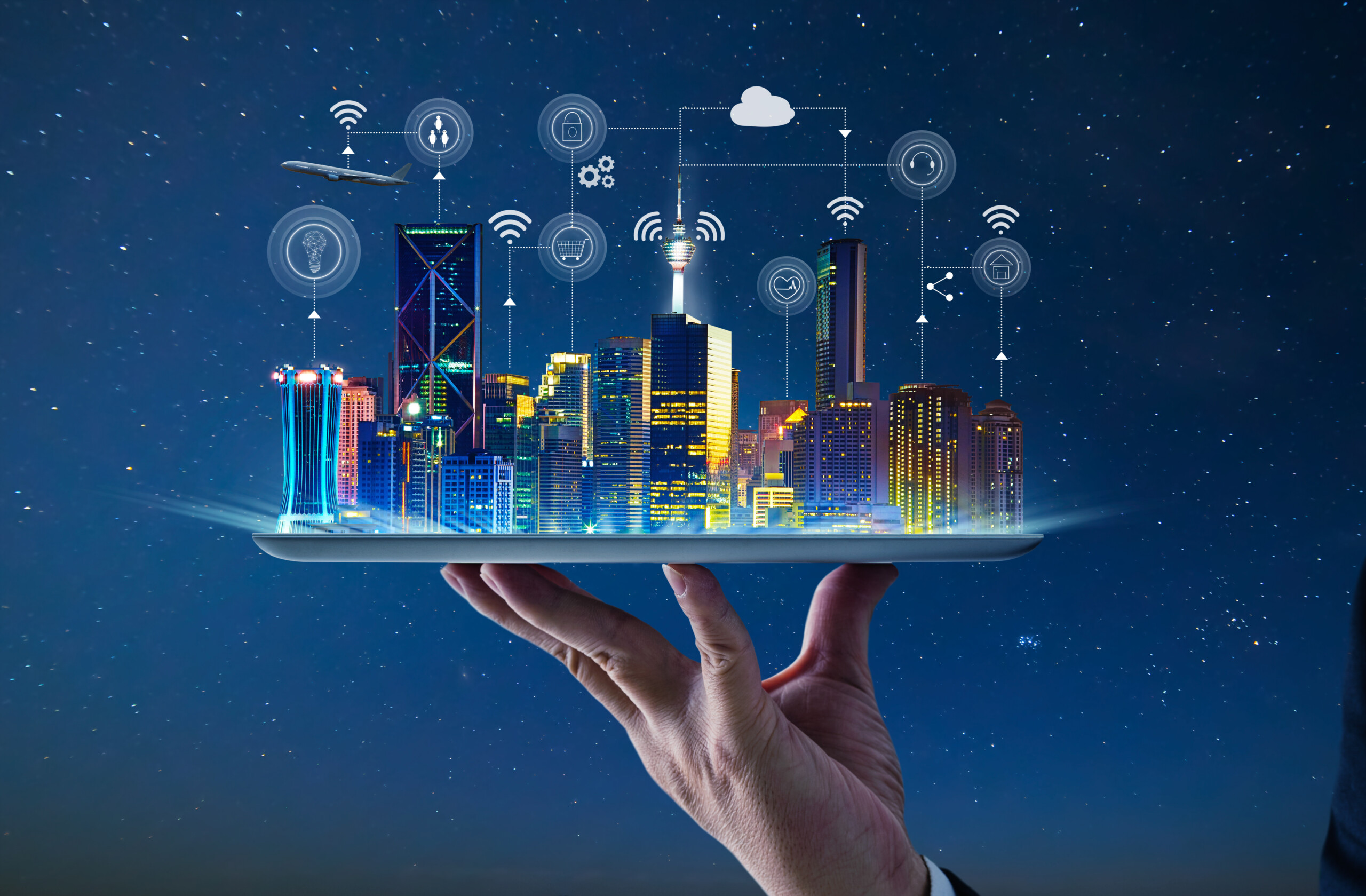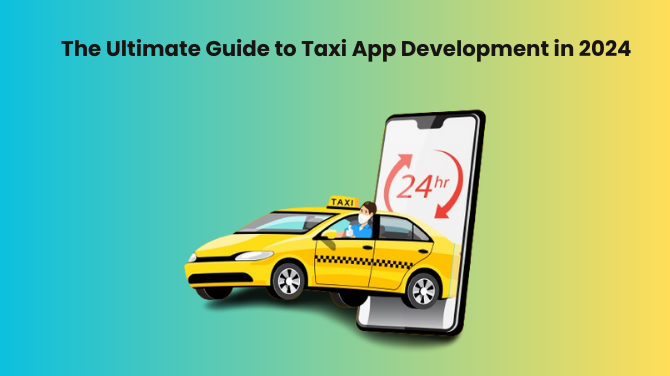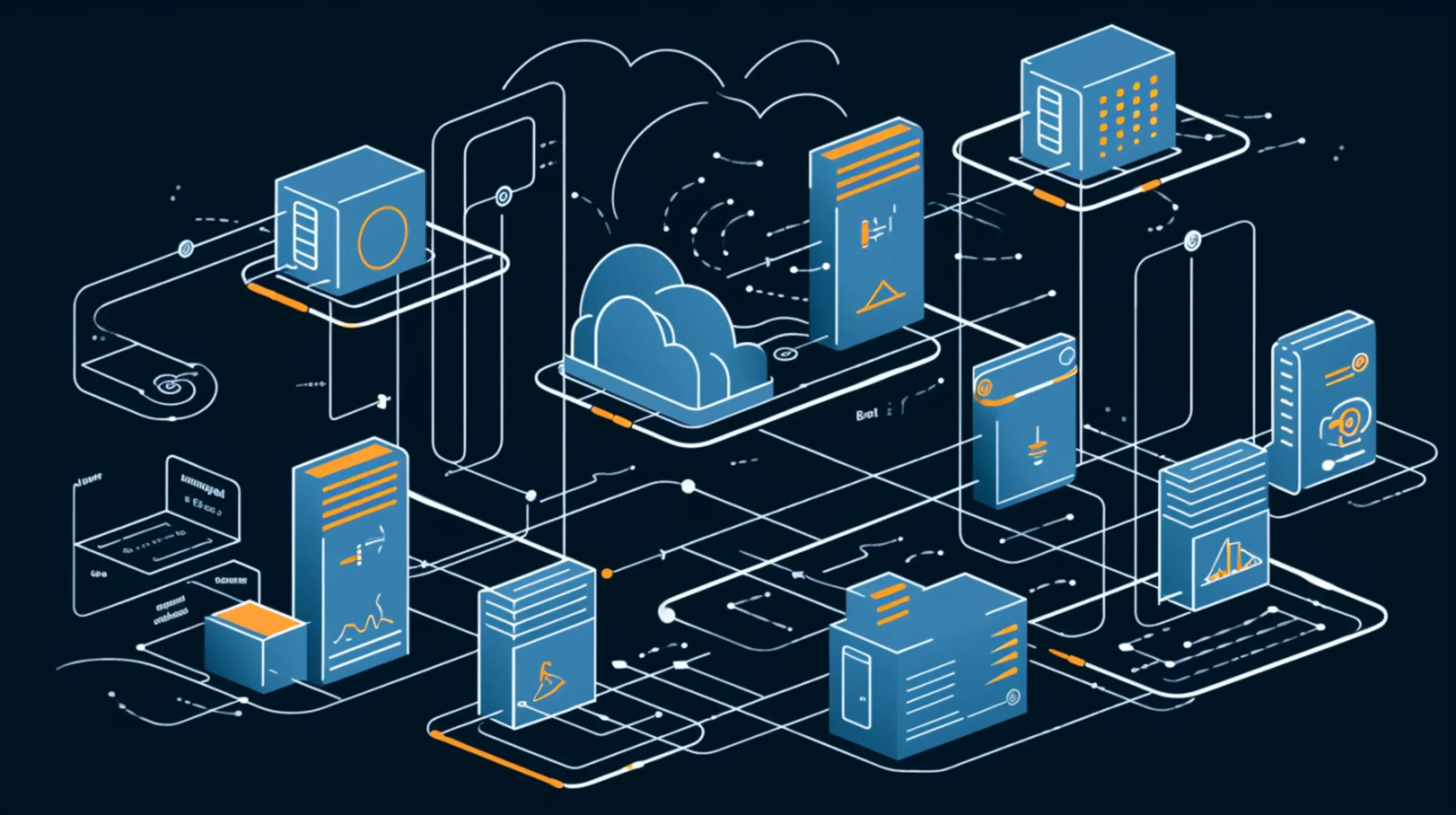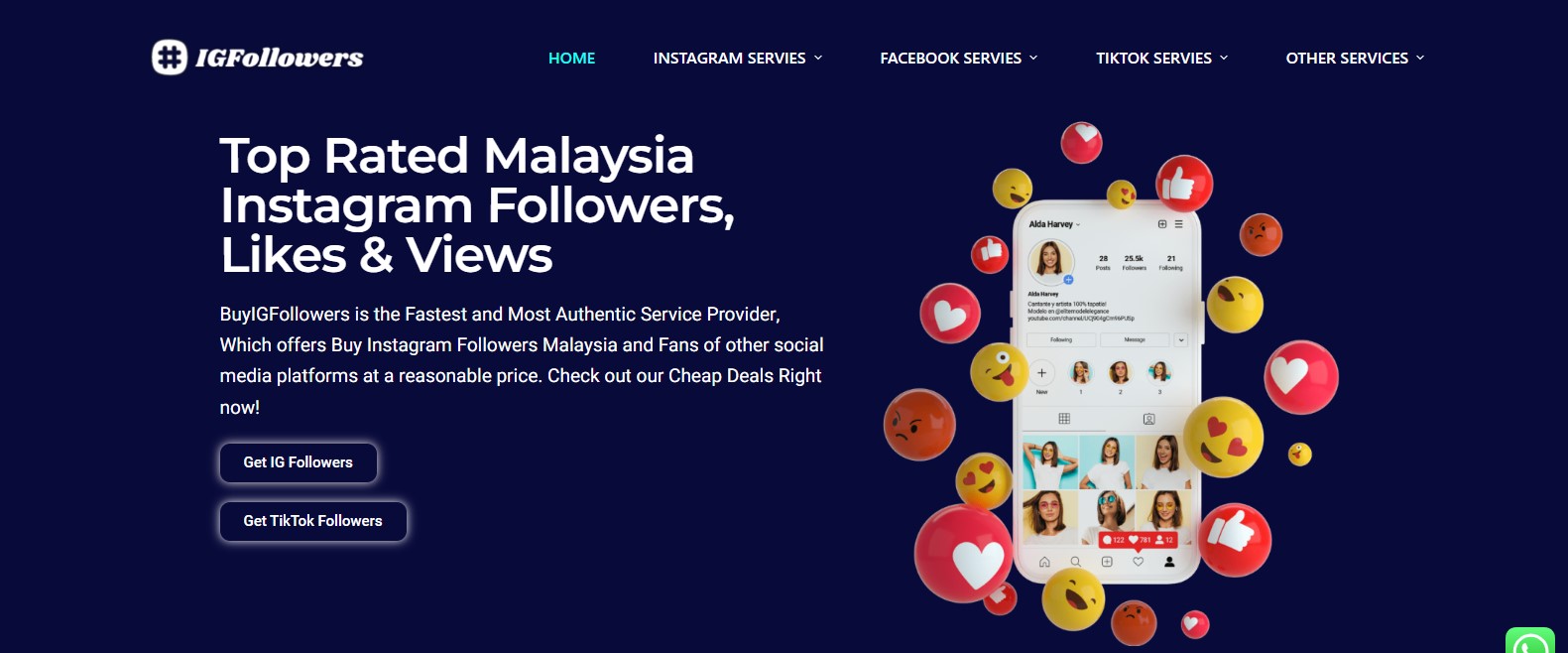The concept of “smart cities” has transcended from a futuristic ideal to an imminent reality, promising to revolutionize urban living through the integration of cutting-edge technologies. Central to this transformation is the Internet of Things (IoT), a network of interconnected devices that communicate and collaborate to optimize various aspects of city life. From enhancing public services to improving infrastructure and promoting sustainability, IoT is the cornerstone of creating more efficient and livable urban environments.
The Foundations of a Smart City
At its core, a smart city leverages technology to enhance the quality of life for its residents. This involves the deployment of sensors, devices, and data analytics across various sectors, including transportation, energy management, waste disposal, and public safety. By collecting and analyzing real-time data, city administrators can make informed decisions that improve efficiency, reduce costs, and enhance services.
Transforming Urban Mobility
One of the most impactful applications of IoT in smart cities is in the realm of transportation. IoT-enabled traffic management systems can monitor vehicle flow, optimize traffic signals, and provide real-time updates to commuters, significantly reducing congestion and travel time. Smart parking solutions, which guide drivers to available parking spots via mobile apps, can alleviate the frustration of searching for parking and reduce emissions from idling vehicles.
Public transportation also benefits from IoT integration. Smart buses and trains equipped with sensors can provide live updates on arrival times, occupancy levels, and maintenance needs. This not only enhances the user experience but also allows for predictive maintenance, reducing downtime and ensuring a more reliable service. Students can avail the best services of book ghostwriting in Dubai
Enhancing Energy Efficiency
Energy management is another critical area where IoT can drive significant improvements. Smart grids, which use IoT technology to monitor and manage energy distribution, can balance supply and demand more effectively, reducing energy waste and lowering costs. Smart meters in homes and businesses enable consumers to track their energy usage in real-time, promoting more efficient energy consumption and encouraging the adoption of renewable energy sources.
IoT can also optimize public lighting systems. Smart streetlights equipped with sensors can adjust their brightness based on the presence of pedestrians or vehicles, reducing energy consumption without compromising safety. This not only lowers electricity bills but also decreases the carbon footprint of the city.
Streamlining Waste Management
Efficient waste management is essential for maintaining clean and sustainable urban environments. IoT-enabled waste bins equipped with sensors can detect when they are full and notify waste collection services, ensuring timely and efficient waste removal. This reduces the need for frequent collection rounds, saving time, fuel, and labor costs. Additionally, data analytics can help identify patterns in waste generation, enabling cities to develop more effective recycling and waste reduction programs.
Promoting Public Safety
IoT plays a crucial role in enhancing public safety in smart cities. Surveillance cameras and environmental sensors can monitor public spaces for unusual activity or hazardous conditions, such as fires or gas leaks. In the event of an emergency, IoT systems can facilitate rapid response by providing first responders with real-time information about the situation.
Smart streetlights and public safety infrastructure equipped with sensors can detect gunshots or other disturbances, alerting authorities immediately. This not only improves response times but also acts as a deterrent to criminal activity, making cities safer for residents and visitors alike. A great opportunity to avail the autobiography ghostwriting services in Dubai.
Challenges and Considerations
While the benefits of IoT in smart cities are substantial, several challenges must be addressed to fully realize its potential. Data privacy and security are paramount concerns, as the vast amounts of data collected by IoT devices can be vulnerable to cyberattacks. Ensuring robust cybersecurity measures and developing regulations to protect citizens’ privacy are essential steps in building trust in smart city initiatives.
Moreover, the integration of IoT systems requires significant investment in infrastructure and technology. Collaboration between government, private sector, and academia is crucial to secure funding and drive innovation. Additionally, fostering digital literacy among residents can help ensure that the benefits of smart city technologies are accessible to all.
Conclusion
The integration of IoT in smart cities represents a transformative shift towards more efficient, sustainable, and livable urban environments. By harnessing the power of interconnected devices and real-time data, cities can optimize services, reduce costs, and enhance the quality of life for their residents. While challenges remain, the potential of IoT to revolutionize urban living is undeniable, paving the way for a smarter, more connected future.
Stay tuned for more news and updates on Frolic Beverages!

